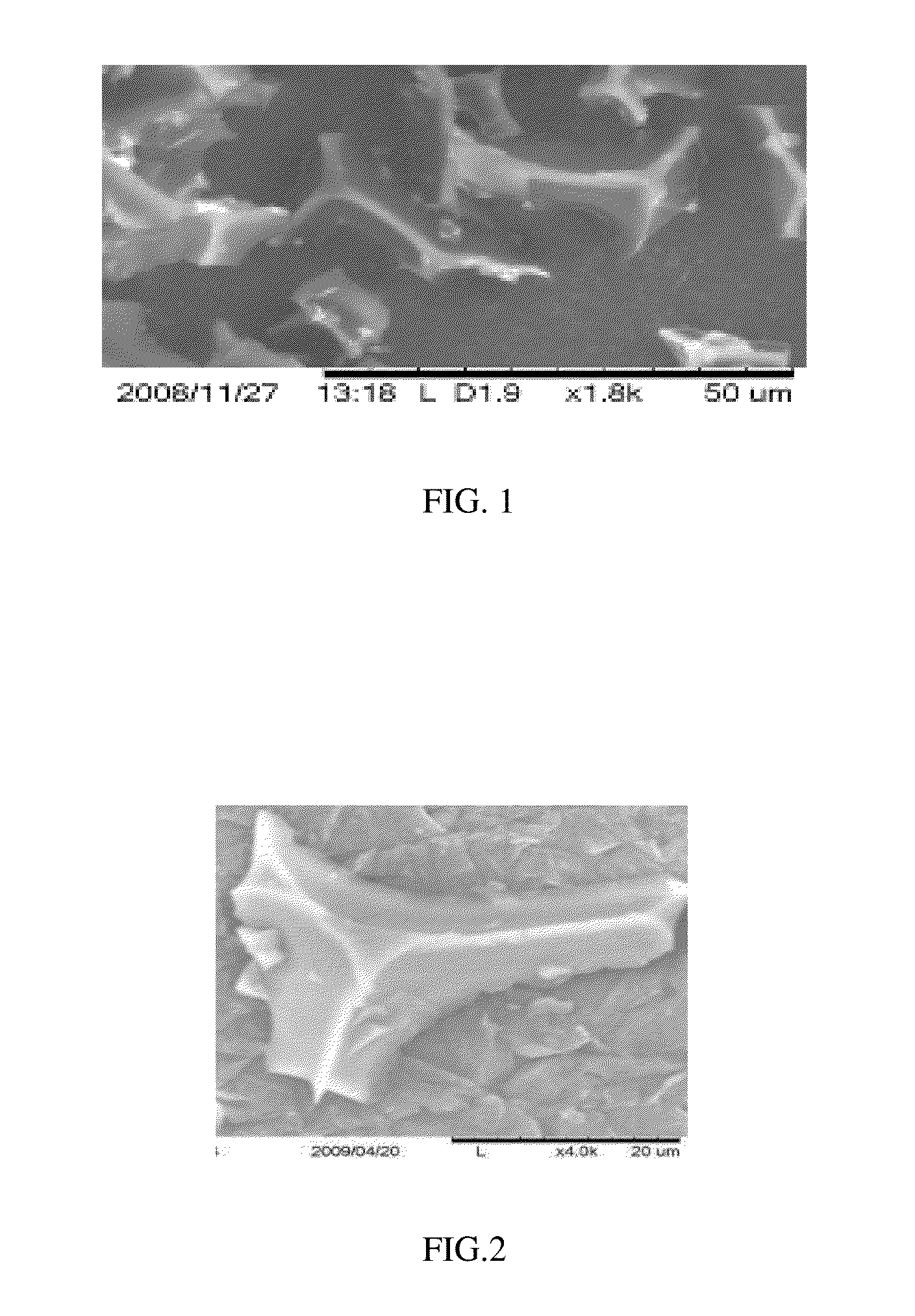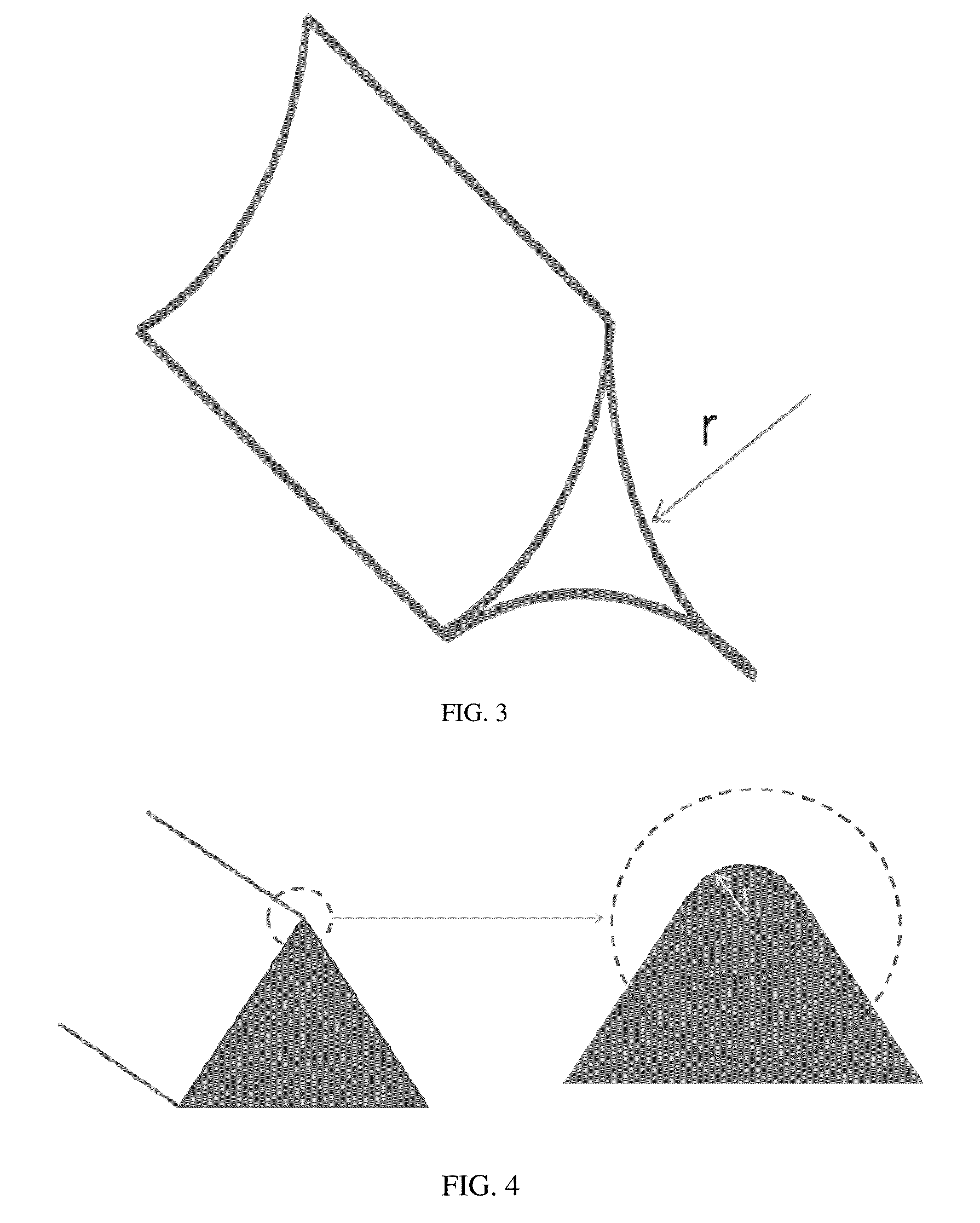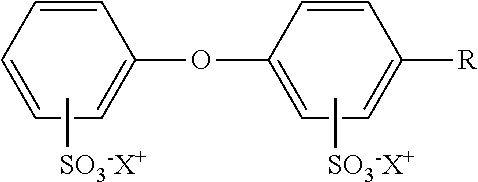Liquid cleaning and/or cleansing composition comprising a divinyl benzene cross-linked styrene polymer
a cross-linked styrene polymer and liquid cleaning technology, applied in the direction of detergent compounding agents, hair cosmetics, make-up, etc., can solve the problems of composition damage, poor surface safety profile of compositions with an adequate surface safety profile, inadequate surface safety profile of such currently known scouring compositions, etc., to achieve good cleaning/cleansing performance, low level, and high formulation and process cost
- Summary
- Abstract
- Description
- Claims
- Application Information
AI Technical Summary
Benefits of technology
Problems solved by technology
Method used
Image
Examples
examples
[0115]These following compositions were made comprising the listed ingredients in the listed proportions (weight %). Examples 1-43 herein are meant to exemplify the present invention but are not necessarily used to limit or otherwise define the scope of the present invention.
[0116]The Crosslinked PS-DVB—divinyl benzene cross-linked styrene polymer—(percentage level of DVB 55, and mean diameter D(v,0.9)) abrasive cleaning particles in the below examples are obtained according to the preferred process as described under the heading “Ground foam Covalently cross-linked copolymer of styrene-co-divinyl benzene particles” herein above.
[0117]
Hard surface cleaner Bathroom composition% Weight123C9-C11 EO8 (Neodol 91-8)32.53.5Alkyl Benzene sulfonate1C12-14-dimethyl Amineoxide1n-Butoxy Propoxy Propanol22.5Hydrogen Peroxide3Hydrophobic ethoxylated polyurethane1.510.8(Acusol 882)Lactic Acid33.5Citric Acid30.5Polysaccharide (Xanthan Gum, Keltrol0.250.250.25CG-SFT Kelco)Perfume0.350.350.35Crosslin...
examples 24 to 27
are made the following way:
Add Carbopol® to de-ionized free water of the formulation. Add all surfactants except cationics and betaines. If the pH is less than 6 then add a neutralizing agent (typically a base i.e., Triethanolamine, sodium hydroxide) to adjust to a pH greater than 6. If necessary, apply gentle heat to reduce viscosity and help minimize air entrapment. Add betaine and / or cationic surfactants. Add conditioning agents, additional rheology modifiers, pearlizing agents, encapsulated materials, exfoliants, preservatives, dyes, fragrances, abrasive particles and other desirable ingredients. Lastly, if desired reduce the pH with an acid (i.e. citric acid) and increase viscosity by adding sodium chloride.
[0126]
Oral care composition (toothpaste)2829303132Sodium Gluconate1.0641.0641.0641.0640.600Stannous fluoride0.4540.4540.4540.4540.454Sodium fluorideSodiummonofluorophosphateZinc Lactate0.6700.6700.6700.6702.500Glycerin————36.000 Polyethylene glycol 3007.000Propylene Glycol7....
PUM
| Property | Measurement | Unit |
|---|---|---|
| Equivalent Circle Diameter | aaaaa | aaaaa |
| mean particle size | aaaaa | aaaaa |
| mean particle size | aaaaa | aaaaa |
Abstract
Description
Claims
Application Information
 Login to View More
Login to View More - R&D
- Intellectual Property
- Life Sciences
- Materials
- Tech Scout
- Unparalleled Data Quality
- Higher Quality Content
- 60% Fewer Hallucinations
Browse by: Latest US Patents, China's latest patents, Technical Efficacy Thesaurus, Application Domain, Technology Topic, Popular Technical Reports.
© 2025 PatSnap. All rights reserved.Legal|Privacy policy|Modern Slavery Act Transparency Statement|Sitemap|About US| Contact US: help@patsnap.com



